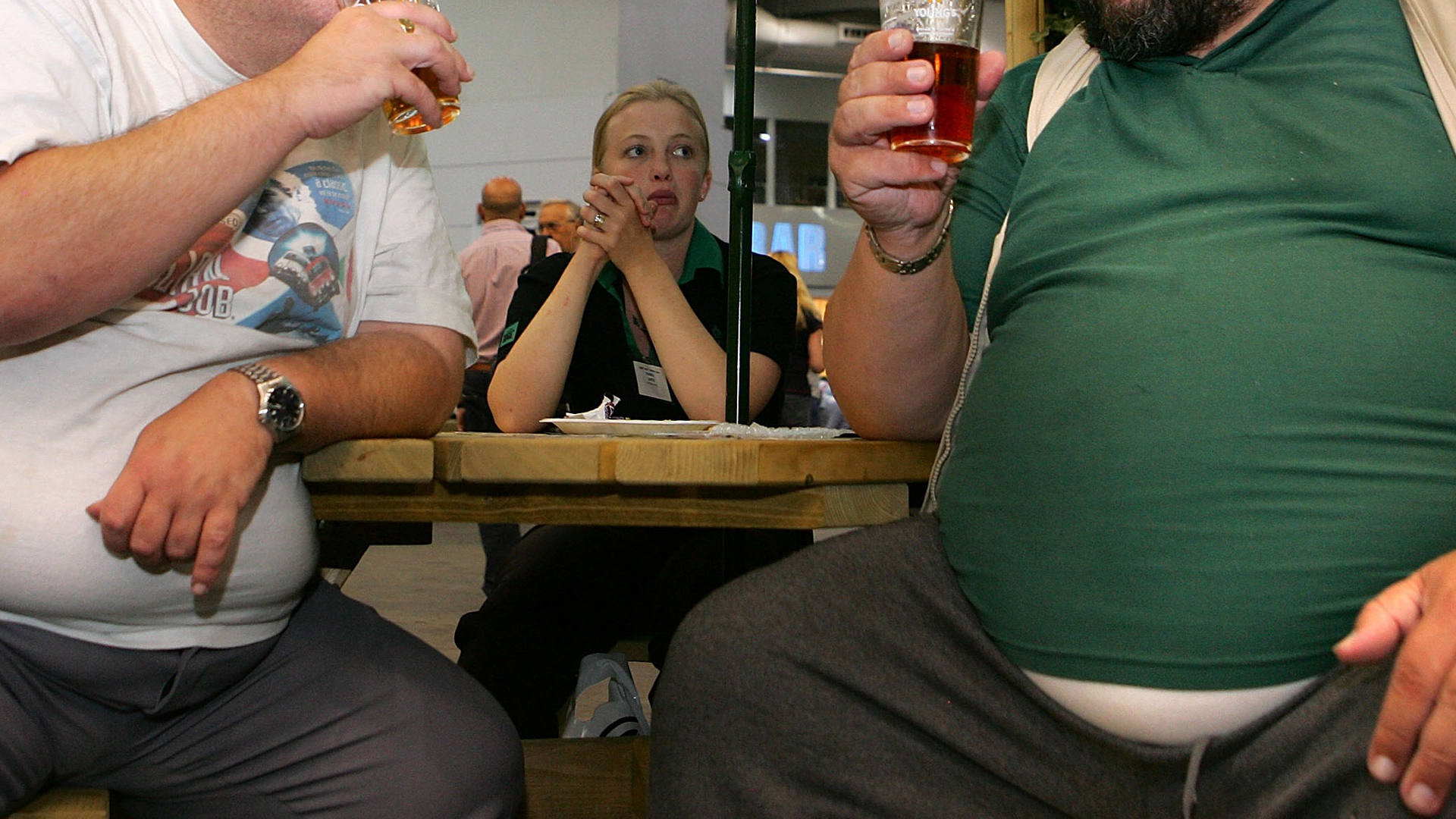KUSA - You may enjoy a cold drink after a long day at work, but do you know how many calories are in that drink?
The eight ounce Long Island ice tea you may be drinking could have upwards of 780 calories. While having a few drinks can feel rewarding, the extra calories can take a toll on your waistline. There are a few things you want to consider before choosing your next drink.
Many people don't realize that alcohol has calories: about one gram of alcohol has seven calories. Compare this to carbohydrates and protein which have four calories per gram. Even though alcohol has calories, studies show that most people do not eat less food to compensate for calories they consume from alcoholic beverages. This means that you may end up eating and drinking more calories than your body needs, which can lead to weight gain.
In regards to getting a "beer belly," there is little scientific evidence to support site-specific weight gain due to beer consumption. This suggests that consuming an excessive amount of calories from alcohol can certainly contribute to weight gain, that it will likely not all go to your belly.
One way to be more savvy with your alcohol intake is to be cautious in choosing what to mix your alcoholic beverage with. Stay away from soda and mixers loaded with sugar. Lower calorie mixers include club soda or diet tonic, light cranberry juice, light lemonade, coffee, and lemon or lime juice.
To eliminate calories in mixers all together, try mixing your liquor with water or drinking it on ice. Also, don't forget to drink water. Drink a large glass of water before you start happy hour and try to have a glass of water in between every alcoholic beverage you consume. This will help you stay hydrated and reduce your risk for consuming excess alcohol and calories.
Michelle Cardel, PhD, RD is a nutrition scientist and registered dietitian at the Anschutz Health and Wellness Center, University of Colorado Denver. Follow her on Facebook and Twitter @MichelleCardel for daily nutrition tips!
(KUSA-TV © 2014 Multimedia Holdings Corporation)


